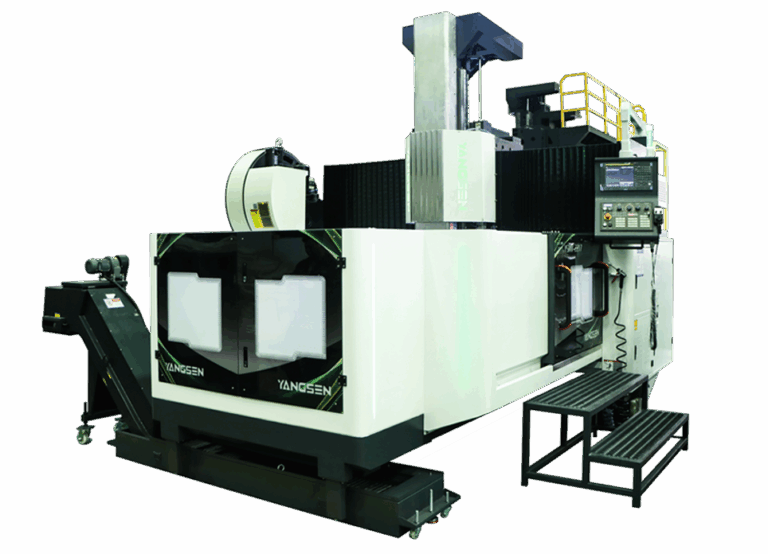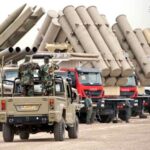Despite sweeping international sanctions, Russia continues to secure critical equipment for its defense industry by exploiting alternative supply channels. A growing share of this trade flows through Chinese e-commerce platforms, primarily Alibaba and AliExpress, which have become conduits for high-precision, dual-use machinery indispensable to weapons production.
Chinese firms such as Tengzhou Wellon Machinery Co. Ltd, Tengzhou Borui CNC Machine Tool Co., Ltd, and Xiamen Yangsen NC Equipment Co., Ltd openly advertise advanced machine tools on Alibaba. These include models such as the XL8132, BR570DY, and YSMV-2218 — high-precision milling and turning equipment that Western officials warn may soon underpin robotics and automation at Russia’s weapons plants.
Industry analysts note that these platforms, both owned by the Alibaba Group, operate with minimal oversight of transactions between suppliers and buyers. Alibaba.com functions largely as a business-to-business hub, giving Russian defense-linked entities access to thousands of industrial listings. AliExpress, in turn, serves as a consumer channel with relaxed logistical barriers. Western governments have repeatedly pressed Beijing for tighter controls, but responsibility for monitoring the end use of these goods remains in the hands of buyers and middlemen — a gap that Russia eagerly exploits.
High-resolution satellite imagery from Maxar Technologies, dated July 2025, underscores the problem. Despite Ukrainian strikes earlier this year on the KBP Instrument Design Bureau in Tula, a flagship arms manufacturer within the Rostec conglomerate, new workshops are visibly under construction. Analysts say the facilities are being outfitted with Chinese computer-numerical-control (CNC) machinery purchased through Alibaba.
KBP — formally the A.G. Shipunov Instrument Design Bureau — is already under U.S., EU, and British sanctions, with its assets frozen and transactions prohibited across Western jurisdictions. The enterprise specializes in the production of anti-tank and artillery systems, precision-guided munitions, air-defense weapons, automatic cannons, small arms and grenade launchers. Yet imagery suggests that far from being crippled, the factory is recovering and expanding with foreign-sourced equipment.
Western officials and sanctions experts argue that the reputational and economic costs for the Chinese suppliers could be severe if new restrictions are imposed. Since these companies also court business in Europe and the United States, measures aimed at undermining their credibility could sharply curtail transnational cooperation.
For now, however, the supply of Chinese machine tools continues to underpin Russia’s ability to manufacture precision weaponry — from artillery systems to drone bodies and rocket engines — underscoring the resilience of Moscow’s defense sector despite unprecedented sanctions pressure.
Legitimization Through “Gray” Supply Chains
The delivery of advanced machine tools to Russia is increasingly routed through intermediary jurisdictions such as Turkey, the United Arab Emirates and Kazakhstan. Contracts are often signed with shell companies holding minimal registered capital, in some cases without any physical presence of the manufacturer. Frequently, shipments are processed through deferred-declaration schemes, delaying official customs filings and masking the true identity of the end user.

The spread of illicit access to high-precision technologies poses a significant challenge to global export control regimes. Intelligence assessments indicate a sharp rise in the share of Chinese machine tools embedded in Russia’s defense-industrial supply chains — a trend that undercuts sanctions enforcement while simultaneously enabling the long-term modernization of Moscow’s military production base.
The continued operation of Chinese e-commerce platforms in their current form represents a structural threat to systems of export control. The easy availability of dual-use technologies on open marketplaces, without rigorous vetting of buyers, strengthens Russia’s ability to withstand sanctions. The absence of oversight in these digital channels has created a loophole large enough to sustain Russia’s rearmament efforts.
The urgency of establishing a global mechanism for preemptive digital monitoring of e-commerce transactions has never been greater. Without it, Western sanctions risk further erosion, while Moscow leverages “gray” supply chains to maintain and even expand its military capabilities.


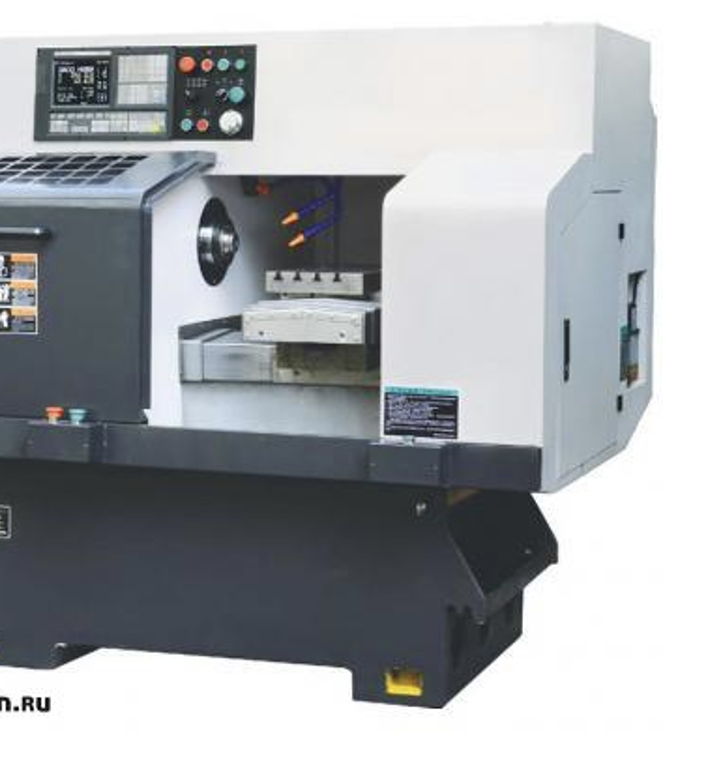

engzhou Wellon Machinery Co. Ltd is a Chinese manufacturer and trading company headquartered in Tengzhou, Shandong Province. Occupying roughly 100 acres and employing more than 200 workers, the company is considered one of the largest machine-tool producers in the region.
Official records state that the firm was established on May 10, 2013, though some sources suggest its origins date back to 2005. Since its founding, Wellon has invested steadily in the development and production of innovative, high-tech metalworking equipment, positioning itself as a prominent supplier in China’s fast-expanding machinery sector.
Address: No. 766 Tongda Road, Tengzhou City, Shandong, China.
Product Range
Tengzhou Wellon Machinery Co. Ltd manufactures and exports a broad portfolio of machine tools, including:
- CNC machines (both vertical and horizontal models);
- Double-column machining centers;
- Lathes with inclined and flat beds;
- Milling, drilling, grinding, sawing and cutting machines;
- Shapers, presses, sheet-metal processing equipment, automotive service accessories and related maintenance tools.
Among the company’s flagship models is the XL8132 machine tool, part of its high-precision line designed for advanced industrial applications.


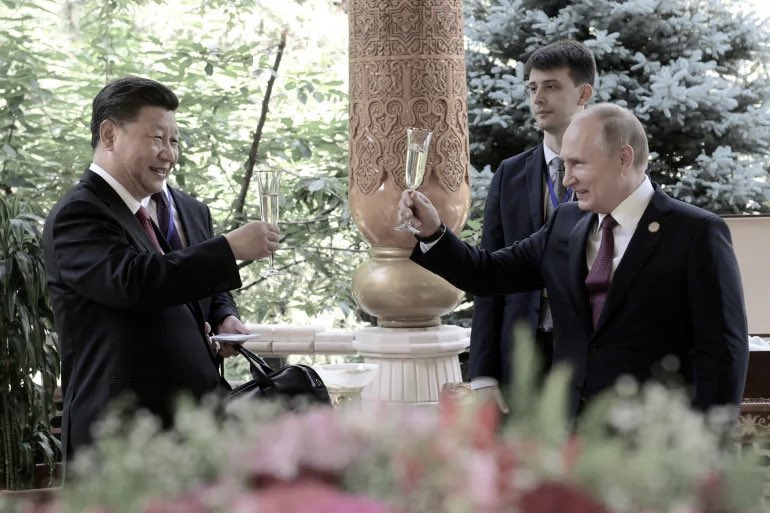
More on this story: China Assists Russia in Gunpowder Production for War against Ukraine

More on this story: Bear Meets Dragon: The Escalating Espionage Rivalry Between Russia and China
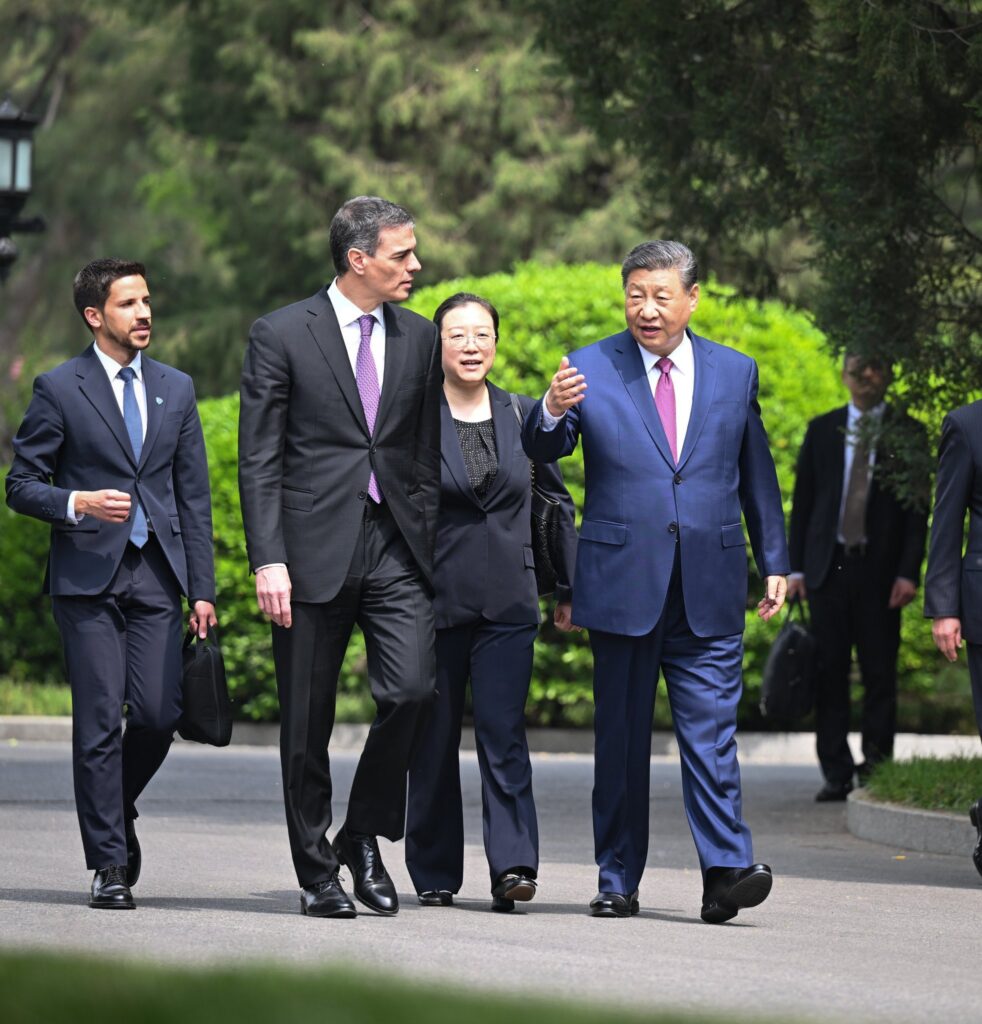
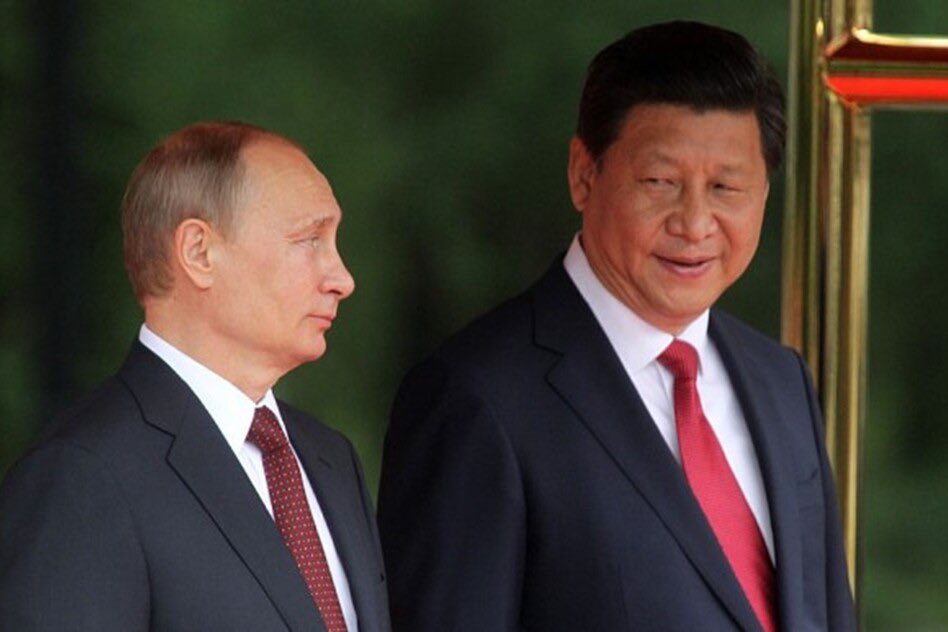
More on this story: China’s Declared Neutrality vs. De Facto Involvement in the Russia-Ukraine War


